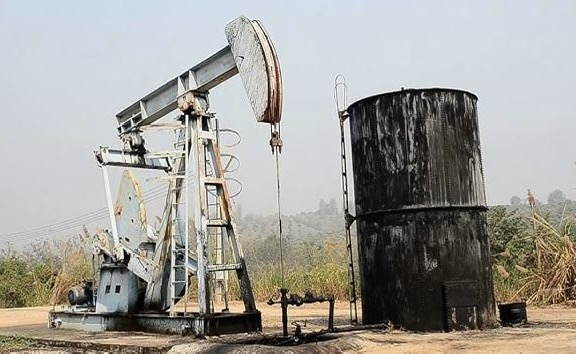KEY POINTS
- Repsol reactivated 12 oil wells and plans to add more, boosting Libyan oil output by 12,000 bpd in 2025.
- The company’s net share from operations reached 43,000 bpd in Q2, aided by successful past drilling campaigns.
- A second drilling rig has been deployed to support expansion in the Waha region and fulfill exploration commitments.
Spanish energy major Repsol has significantly increased its oil production in Libya in 2025 following the reactivation of 12 previously dormant wells and a renewed focus on drilling operations across the country’s prolific Waha oil region.
According to company sources, Repsol intends to bring additional wells online in the coming months, with these efforts projected to contribute a total of 12,000 barrels per day (bpd) to Libya’s overall crude output. Repsol’s net share of this volume is anticipated to fall between 1,500 and 2,000 bpd.
This strategic expansion forms part of Repsol’s broader plan to optimize its presence in Libya’s upstream oil sector. To meet remaining exploration obligations and accelerate production timelines, the firm has contracted a second drilling rig to reinforce activities in the Waha concessions, which have long been a cornerstone of Libya’s petroleum landscape.
Production surge reflects momentum from earlier investments
Repsol’s operations in Libya produced a total of 307,000 barrels per day during the second quarter of 2025. The company’s net share of this output reached 43,000 bpd, an increase directly attributed to successful drilling campaigns in 2024 and early 2025, particularly in zones that had previously underperformed or remained unexplored.
“Repsol’s ability to ramp up production in a volatile environment like Libya speaks to the company’s technical capabilities and long-term confidence in the region’s resources,” said a senior analyst at an independent energy consultancy.
The development comes amid broader signs of recovery and investment across Libya’s oil sector, which continues to attract international interest despite persistent political uncertainty and infrastructure constraints.
The reactivation of wells not only enhances Libya’s export capacity but also provides a crucial boost to national revenues, which remain heavily reliant on hydrocarbons. The Libyan government has been advocating for the return and expansion of foreign partners in the sector as part of its economic stabilization agenda.
Repsol’s increased presence also aligns with Spain’s strategic interests in diversifying energy sources and bolstering relationships with North African producers. Analysts note that stable operations in Libya could further strengthen Mediterranean energy corridors and reduce dependency on more volatile supply chains.
Sustained growth ahead despite regional challenges
While security and regulatory risks remain a factor in Libya’s oil-producing regions, Repsol appears committed to its long-term strategy. The company’s ongoing drilling efforts and logistical investments are expected to not only lift short-term output but also position it favorably for future concessions and partnerships.
“We are focused on delivering value through safe and sustainable operations,” a Repsol spokesperson was quoted as saying. “Libya remains a key part of our international portfolio.”
This momentum comes as other global energy companies, including Eni and TotalEnergies, continue to reassess or re-engage in Libyan upstream ventures, encouraged by signs of improved coordination between the National Oil Corporation (NOC) and international operators.
With its enhanced rig count, steady output growth, and expanding drilling footprint, Repsol is carving out a leading role in shaping the next phase of Libya’s energy development.



